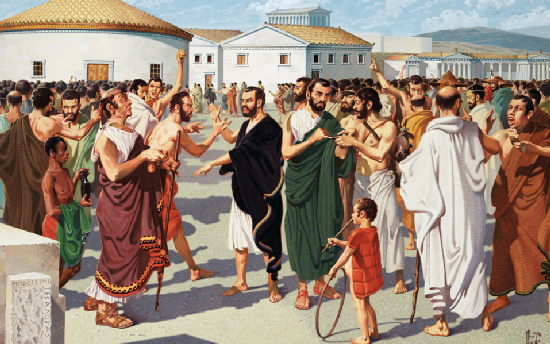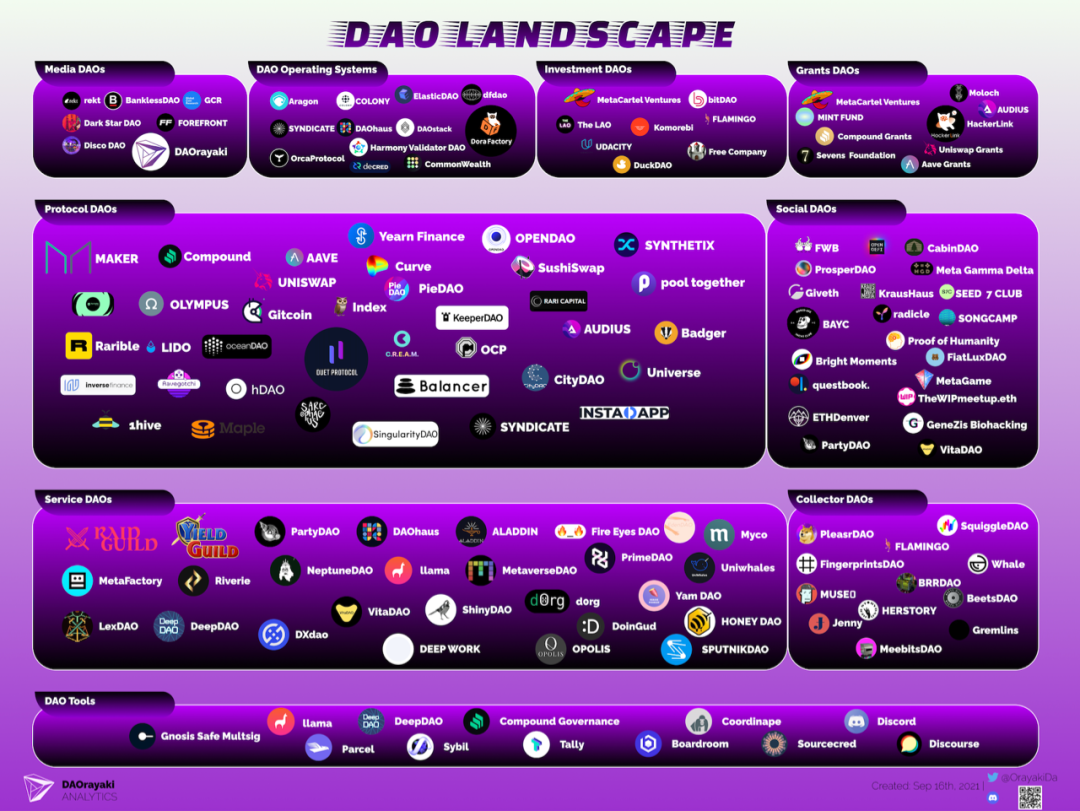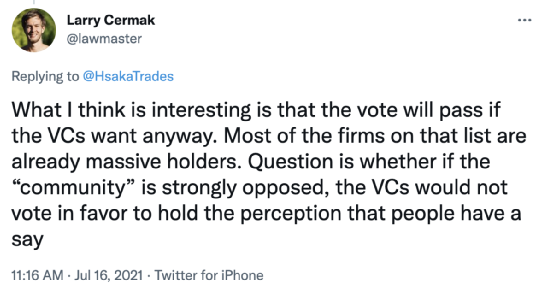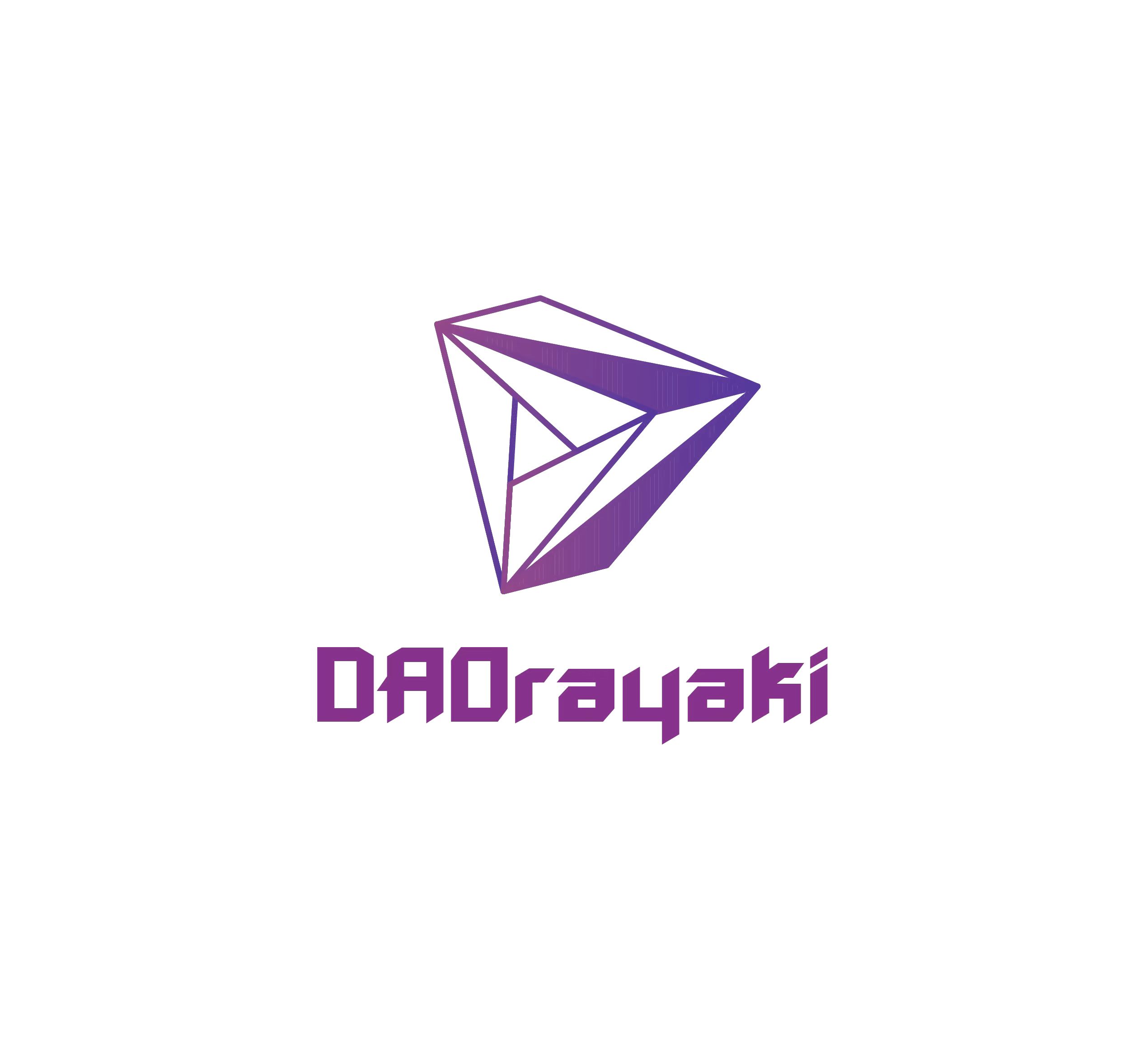탈중앙화된 거버넌스를 다시 위대하게 만들기 위해 가장 시급한 세 가지 문제를 해결하십시오.
탈중앙화된 거버넌스가 직면한 도전과 미래에 대한 몇 가지 아이디어에 대한 개요.
탈중앙화된 거버넌스가 직면한 도전과 미래에 대한 몇 가지 아이디어에 대한 개요.

*암호화폐의 탈중앙화 거버넌스 상태에 관한 일련의 기사 중 1부. 이 글의 계속은"가치의 원천으로서의 거버넌스"。
분산형 거버넌스는 암호화폐의 이데올로기적 기반의 핵심입니다. 모든 참가자는 참여할 동등한 기회를 갖습니다. 특히 탈중앙화 금융(DeFi) 분야에서 점점 더 많은 프로젝트가 점진적인 탈중앙화 관행을 따르고 프로토콜의 키를 커뮤니티에 넘겨주고 있습니다. 이것은 팀 구성원과 기관 투자자 외에도 사용자와 토큰 보유자가 프로토콜 매개변수, 자본 지출 및 보다 일반적으로 업계의 미래에 대해 더 많은 통제권을 갖는다는 것을 의미합니다.
거버넌스 시스템에서 이러한 혁명을 가능하게 하기 위해 DeFi 프로토콜은 탈중앙화 자율 조직(DAO)을 활용합니다. 너무 자세히 설명하지 않고(이 주제는 여러 번 작성됨) DAO는 블록체인에 인코딩된 규칙에 따라 재무 및 인적 자본을 집계하는 방법입니다. DAO와 전통적인 비즈니스 또는 기업의 중요한 차이점은 참가자를 통제하기보다는 조정한다는 것입니다. 이상적으로는 누구나 돈이나 아이디어를 기부할 수 있어야 하며 DAO는 이러한 입력을 실제 결과로 전환할 수 있어야 합니다. DeFi 프로토콜 DAO는 위원회를 통한 기여자 구성(참조: Synthetix) 및 보상 프로그램을 통한 자금 분배(참조: Aave, Compound 및 Uniswap)를 포함하여 다양한 분산형 거버넌스 구현을 지속적으로 실험하고 있습니다.
DAO와 탈중앙화 거버넌스의 목표는 여전히 가치가 있지만 실현에는 많은 어려움이 있습니다.
이 기사에서는 가장 시급한 세 가지 문제와 이를 해결하기 위한 제안을 설명합니다. 이러한 과제는 소음과 신호 분리, 일관된 리더십 구축, 영향력 있는 커뮤니티 보장입니다.
신호 및 잡음
오늘날 대부분의 DeFi 애플리케이션은 온라인 포럼(예: 여기 및 여기)과 Discord 채널을 조합하여 거버넌스의 사회적 계층을 조정합니다. Snapshot과 같은 애플리케이션은 프로토콜 변경 사항이 블록체인에 인코딩되기 전에 커뮤니티 합의를 결정하기 위해 "오프체인" 투표를 수행하는 데 사용됩니다. DeFi 거버넌스의 유기적 진화는 열린 참여와 폭넓은 관점을 보장했지만, 제안, 토론 및 투표가 여러 플랫폼에 흩어져 있어 프로세스가 시끄러워졌습니다. 일부 프로젝트 커뮤니티의 규모가 커짐에 따라 서로 다른 위치에서 이루어진 개별 기여의 수가 토론을 모호하게 만들기 시작했습니다. 이렇게 추가된 복잡성은 거버넌스 프로세스에 걸림돌이 됩니다. 어떤 게시물이 고유한 가치를 추가하는지 결정하기 위해 많은 양의 게시물을 분석하는 데 시간이 소비되는 반면 가장 가치 있는 아이디어는 군중 속에서 길을 잃기 때문입니다. 게다가, 이 투박한 경험은 엄청난 양의 자료와 따라가야 할 너무 많은 장소에 압도당할 수 있는 신규 이민자들에게 또 다른 진입 장벽 역할을 합니다.
앞으로 신호와 잡음을 분리하고 포함 효과와 균형을 맞추기 위해 제안 및 토론 프로세스를 간소화해야 합니다. 예를 들어 거버넌스 앱인 Boardroom은 Reddit의 upvoting 기능과 유사한 메커니즘을 통해 커뮤니티가 새로운 아이디어에 대한 지지를 표시할 수 있는 새로운 아이디어 도구를 제공합니다. 이러한 방식으로 사용자는 커뮤니티에서 가장 훌륭하고 가치 있는 토론에 쉽게 투표할 수 있습니다. 또한 Cinneamhain Ventures 파트너인 Adam Cochran은 최근 탈중앙화 프로토콜이 전통적인 정치 법안 후원에 의존해야 한다고 제안했습니다. 현재 DeFi 커뮤니티 구성원이 거버넌스 포럼에 아이디어를 제안하면 수많은 응답이 있으며 그 중 다수는 매우 유사할 수 있습니다. Cochrane은 토론을 진행하기 전에 다른 정책입안자들의 지지를 얻고 어떤 합의점에 도달하기 위해서는 각 참가자가 자신의 방향으로 토론을 주도하는 것보다 작은 양보를 하는 것이 중요하다고 강조했다. 이는 다른 견해와 크게 다르지 않을 수 있다. . 그러나 이것이 영향력을 중앙 집중화하거나 투명성을 희생하는 대가로 오지 않아야 한다는 점은 주목할 가치가 있습니다.
광범위한 참여와 분산 제어를 유지하면서 거버넌스 효율성을 개선하려면 대부분의 토론 및 합의 프로세스가 DAO 수준에서 이루어져야 한다고 생각합니다. 대부분의 DeFi 애플리케이션이 DAO에 의해 제어되지만(또는 향후 언젠가 제어될 예정) 모든 DAO가 DeFi 프로토콜 DAO인 것은 아닙니다.

저는 DAO가 보다 근본적인 DeFi 프로토콜 소유권 주체가 되어 프로토콜 거버넌스에 보다 적극적으로 참여하는 미래를 상상합니다. 개인은 여전히 자신의 토큰을 보유하고 투표할 수 있지만 더 큰 개인 그룹을 대표하는 DAO는 결국 프로토콜 커뮤니티 내에서 더 큰 권한과 지위를 얻게 됩니다. DAO는 토큰을 풀링하고 구성원의 견해를 집계할 수 있으므로 자체 커뮤니티 내 합의에 따라 다양한 개인을 대신하여 말할 수 있습니다. 지지자를 대신하여 프로토콜 거버넌스에서 더 큰 역할을 수행하는 DAO는 아이디어 생성 및 피드백 프로세스에 더 많은 질서를 추가하는 동시에 모든 이해 관계자의 다양한 의견을 인식합니다.
프로토콜 리더십
전 Synthetix "자비로운 독재자" Kain Warwick은 최근 프로토콜의 분산된 거버넌스 구조로 인해 제기된 문제에 대해 자세히 설명했습니다. Warwick은 실제 리더십 직위에서 벗어나 스파르타 평의회에서 떠난 것에 대해 이야기합니다. Spartan Council은 Synthetix 프로토콜에 대해 제안된 변경 사항을 승인하고 프로젝트의 핵심 기여자를 비공식적으로 책임지는 민주적으로 선출된 커뮤니티 기관입니다. Warwick은 "핵심 기여자를 직접 통제하려는 것은 위원회의 의도가 아니라 토큰 보유자가 프로토콜의 방향을 통제할 수 있는 법적 메커니즘을 만드는 것입니다. 따라서 Warwick의 중앙 집중식 관리 및 안내 없이는 책임자가 없습니다. 중요한 조정 및 실행 문제로 이어지는 핵심 기여자 이것은 운영 및 전략적 거버넌스 간의 흥미로운 차이점을 보여주고 누가 프로젝트의 어떤 측면을 감독해야 하는지에 대한 질문을 제기합니다.
결론: 성숙한 탈중앙화 프로젝트에는 리더가 필요하지 않지만 핵심 기여자는 필요합니다. 커뮤니티에서 다양한 의견을 수집하면 프로토콜의 개발 및 궤적에 긍정적인 영향을 미칠 수 있지만 프로세스가 정체될 수 있으며 일상적인 프로토콜 유지 관리 및 구현을 종종 무시할 수 있습니다. 부분적으로는 참가자들이 DeFi 애플리케이션 실행의 세부 사항에 관심이 없기 때문이고 부분적으로는 분산형 거버넌스의 일반적으로 혼란스러운 특성 때문입니다. 따라서 프로토콜 거버넌스를 점진적으로 분산화할 때 핵심 기여자 팀의 운영을 명확하게 설명하고 이를 조정할 헌신적이고 동기 부여된 리더를 두는 것이 중요합니다.
실제로 분산형 거버넌스는 프로젝트의 모든 측면에 적합하지 않습니다. 첫째, 프로토콜 개발 및 커뮤니티 형성 초기 단계에서 더 많은 제어가 필요합니다. 프로젝트가 특정 수준의 성숙도에 도달하면 커뮤니티는 주요 프로토콜 변경 사항을 제안하고 투표할 수 있는 권한을 보유하고 프로젝트의 전반적인 전략 방향에 영향을 미칩니다. Synthetix 사례 연구에 따르면 조직의 지속적인 비즈니스에는 안정적인 리더십도 필요합니다. "리더십"이라는 용어가 종종 중앙화된 의미를 내포하고 있음을 인정하지만, 블록체인 기술의 투명성은 커뮤니티 동의 없이 온체인 상의 모든 변경 또는 거래에 대한 궁극적인 책임을 보장합니다.
통제감
분산형 거버넌스 모델이 작동하려면 사용자 커뮤니티와 토큰 보유자가 프로토콜을 제어하거나 적어도 그렇게 느끼고 있어야 합니다. 즉, 커뮤니티가 내부자(팀 구성원 및 투자자)보다 더 많은 토큰을 소유하지 않더라도 모든 주요 전략적 이니셔티브에서 집단적 목소리를 듣고 고려해야 합니다. 이것이 분산된 거버넌스의 핵심일 뿐만 아니라 커뮤니티 기여가 가치 있다는 개념은 커뮤니티 멤버십 및 참여에 의미를 더합니다. 오늘날 지방 정부의 주요 결점은 유권자의 무관심으로, 귀하의 투표가 "큰 의미가 없다"고 주장하여 낮은 투표율과 유권자 기반을 대표하지 않는 결과를 초래합니다(주주 투표에 대해서도 비슷한 주장이 가능함). . 사람들이 자신의 의견과 참여가 영향을 미칠 것이라고 믿는다면 부가가치 기여를 하는 데 더 많은 에너지를 참여하고 투자할 가능성이 더 큽니다. 결과적으로 DeFi 프로토콜은 프로세스에서 커뮤니티의 정서적 이해 관계를 증가시키는 동시에 토큰 소유권에 내재된 재정적 인센티브를 활용하여 분산형 거버넌스를 개선할 수 있습니다.

우리는 최근 Uniswap의 DeFi Education Fund와 Sushiswap의 Strategic Fund 모금이 동시에 진행되면서 이 가설을 실시간으로 관찰했습니다. 첫 번째 사례에서 영향력 있는 Uniswap 사용자 그룹은 암호화폐에 대한 정부의 조치를 다루는 것을 목표로 하는 "DeFi 교육 기금"(DEF)을 만들기 위한 제안을 통과시켰습니다. 문제는 Uniswap의 거버넌스 프로세스의 마지막 단계에서 온체인 투표 및 구현 전에 시작되었으며, 합의 확인 결과 제안에 찬성하는 투표의 96% 이상이 단 10개의 지갑에서 나온 것으로 나타났습니다(가장 큰 것은 제안 작성자의 것임) , Harvard Law 블록체인 및 핀테크 이니셔티브). 또한 DEF는 100만 UNI 토큰을 DEF에 성공적으로 제공한 후 즉시 USDC에 보유하고 있던 UNI 주식의 절반을 매각하며 4~5년 내에 자금을 분배할 계획이라고 주장했다. 이는 기금의 합법성과 DEF의 구성이 UNI 토큰 보유자에게 최선의 이익인지 여부에 대한 의문을 제기합니다. Uniswap의 분산형 거버넌스는 이미 실질보다 형식에 가깝다는 평판을 얻었으며(이전에는 유권자 무관심 문제로 이어졌음), 이 공개 사건은 프로젝트에 실질적인 영향을 미칠 수 있는 능력에 대한 커뮤니티의 신뢰를 더욱 약화시켰습니다.
결론적으로

결론적으로
DeFi에서 분산형 거버넌스는 모든 이해 관계자가 프로토콜 개발 및 가치 창출에 발언권을 가질 수 있도록 합니다. 더 다양한 아이디어와 신념을 환영함으로써 DeFi 프로젝트와 일반적으로 대부분의 암호화폐 프로젝트는 커뮤니티에 더 많은 가치를 창출하고 더 많은 사회적 이익을 창출할 수 있는 잠재력을 가지고 있습니다. 그러나 이러한 이점을 얻으려면 프로젝트에서 운영 효율성을 희생해서는 안 됩니다. 전통적인 기업이 거래 비용을 최소화하기 위해 만들어진 것처럼 DAO를 통한 분산형 거버넌스는 기관의 관료적 의사 결정에 혁명을 일으킬 수 있습니다. 더 큰 포괄성을 촉진하면서 보다 효율적으로 운영하기 위해 DeFi 프로젝트는 DAO가 프로토콜 거버넌스에 더 많이 참여하도록 장려하고, 전략과 운영 사이의 역할과 책임을 기술하고, 커뮤니티 기여의 인지된 가치를 극대화해야 합니다.
실험은 여전히 DeFi와 암호화폐의 "킬러 앱" 중 하나입니다. 인센티브 및 재정적 기본 사항을 테스트하는 것 외에도 창립자와 개발자는 다양한 거버넌스 프로세스를 끝없이 테스트할 수 있습니다. 암호 화폐 및 블록체인 기술로 구현되는 자동화 및 투명성을 사용하여 시스템 설계자와 정책 입안자는 참여를 촉진하고 효율성을 높이며 공정성을 높이는 다양한 방법을 모색할 수 있습니다. 이러한 실험의 결과는 필연적으로 이러한 프로젝트가 계속해서 혁신하고 전체 산업을 발전시키는 데 도움이 될 것입니다.



